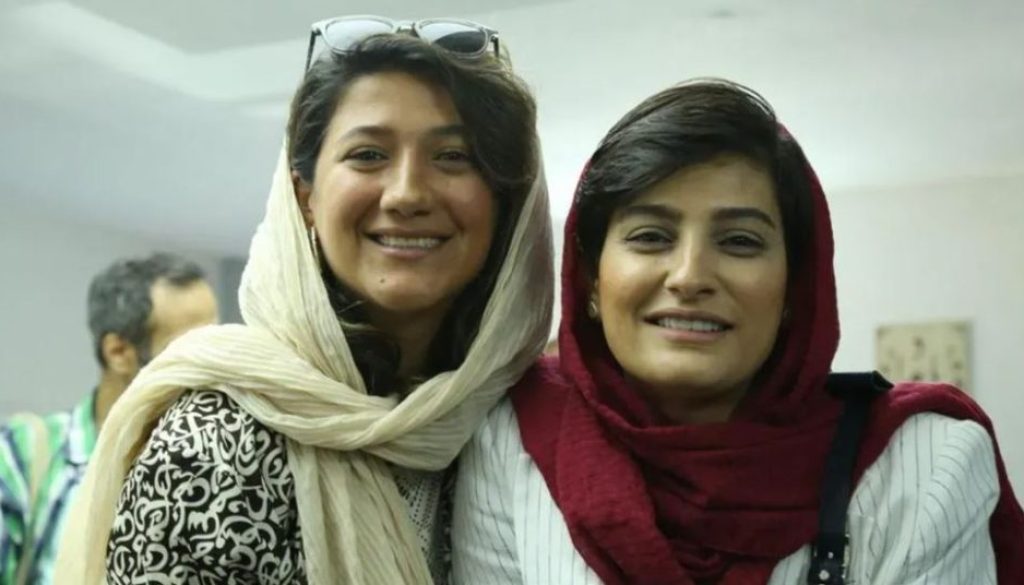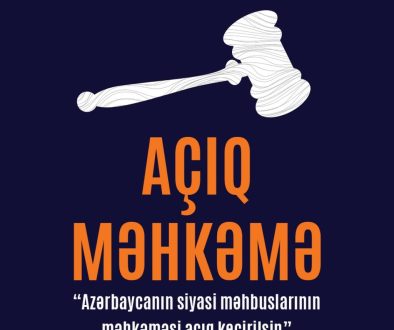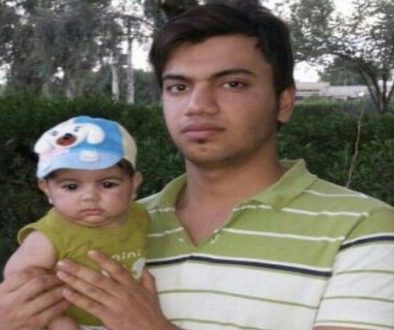Iran Urged to Hold Trial of Two Women Journalists in Open Court
The International Federation of Journalists (IFJ) has joined its Iranian affiliate, the Tehran Province Journalists Association (TPJA), in demanding that the trial of women journalists Elahe Mohammadi and Niloofar Hamedi be held in open court.
The TPJA also renewed its call on the Iranian authorities to release all journalists and media workers held behind bars. It said a total of 13 journalists are still imprisoned in the country for their coverage of the September 16 death in police custody of the 22-year-old Mahsa Amini and months of nationwide protests demanding fundamental economic, social and political changes.
Mohammadi and Hamedi, who were among the first journalists to cover Amini’s death, have been in jail for eight months. They are set to stand trial on May 29 and May 30, respectively, on charges of collaborating with the “hostile” government of the United States, colluding to commit crimes against national security, and engaging in propaganda activities against the regime. Spying charges carry the death penalty in the country.
The TPJA’s committee that monitors the situation of detained journalists in Iran issued an official request to the Iranian judiciary on May 24, demanding that the court proceedings be open and accessible to the public and the media.
It also called on the judicial authorities to allow the presence of a chosen lawyer to uphold the right of Hamedi and Mohammadi to a fair trial.
“Unfortunately, in recent years, the existing procedure has been such that these types of trials have been held in private and without the presence of the media, a method that prevents the public from being informed about the hearing’s details and the truth of the matter,” the TPJA said on May 25.
IFJ president Dominique Pradalié said in a statement on May 26, “We strongly warn the Iranian authorities about giving massive court judgments to journalists Hamedi and Mohammadi, who have been “unfairly detained…for simply doing their job.”
“The imprisonment of journalists sends an alarming sign at the international level,” he added. “We once again condemn the unfounded accusations against our colleagues and urge the authorities to drop all charges against them. Journalism is not a crime and the Islamic Republic must release all imprisoned journalists and media workers in the country.”
Hamedi, a reporter for the Tehran-based Shargh Daily, was arrested in September after publishing a photograph of Amini’s parents in Tehran’s Kasra Hospital, a few days after the young woman’s death.
Mohammadi of the daily newspaper HamMihan was taken into custody for her coverage of Amini’s funeral in her hometown of Saqqez.
Human rights groups and media freedom watchdogs have condemned the arrest and prosecution of Hamedi and Mohammadi, as well as the Islamic Republic’s ongoing clampdown on dissent and the media.
More than 520 people were killed during demonstrations and over 20,000 others were unlawfully detained, including dozens of journalists, activists say. Following biased trials, the judiciary has handed down stiff sentences to protesters.


